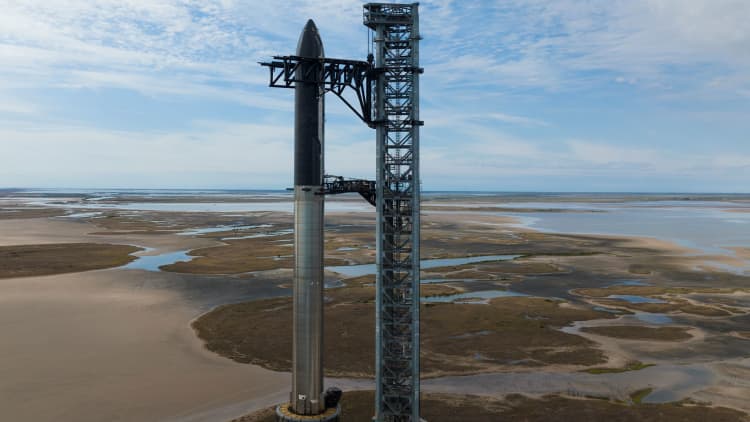Summary:
Impulse Space raises $150 million to advance orbital transfer vehicles.
Tom Mueller, former SpaceX engineer, leads the company and emphasizes its future funding.
LEO Express-1 mission success boosts confidence and attracts investors.
Plans for upgraded Mira and Helios vehicles, with significant future missions outlined.
Focus on filling the gap in in-space delivery systems as market demand grows.
Impulse Space: Pioneering the Future of Orbital Transfer
Los Angeles-based Impulse Space, spearheaded by Tom Mueller, a veteran rocket specialist, has successfully raised $150 million in a fundraising round led by Founders Fund. This funding is crucial for scaling their innovative product line of orbital transfer vehicles, commonly referred to as "space tugs".

The Role of Space Tugs
While traditional rockets launch satellites into orbit, space tugs play a vital role in delivering these payloads to their specific destinations, akin to taxis transporting passengers from an airport. Impulse is currently developing two models: the smaller Mira and the larger Helios.
A Visionary Leader
Tom Mueller, who was instrumental in developing engines at SpaceX, founded Impulse three years ago after leaving the company. He emphasizes that this funding ensures the future of Impulse Space through the development of both Mira and Helios. Mueller stated, "This means that we're sufficiently funded through the development of Helios and the upgraded version Mira and out past the first flights of both of these products."
Successful Missions and Growing Demand
Impulse's first mission, LEO Express-1, marked a significant achievement, successfully deploying a small satellite. Following this, they received a backlog of contracts from both commercial and government clients, showcasing their growing demand in the market.
The Financial Backing
The $150 million funding round attracted a diverse array of investors, including Airbus Ventures, Alumni Ventures, and Lux Capital, bringing Impulse's total funding to $225 million. Mueller noted that their mission success significantly contributed to this funding raise.
Future Plans
Looking ahead, Impulse plans to launch LEO Express-2 later this year, with an upgraded Mira vehicle set for late 2025 and a demo mission for Helios by mid-2026. Their long-term vision includes launching GEO Rideshare missions by 2027.
Evolving Market Dynamics
Mueller believes that while SpaceX has made strides in reducing launch costs, the in-space delivery systems remain underdeveloped. As the market expands with new reusable rockets, Impulse aims to fill this gap by offering reliable solutions for customers needing to transport goods in space. Mueller remarked, "There's a lot of cost and efficiency to be gained … [with] a reliable solution for any customer who wants to move things around in space."
Impulse Space is currently headquartered in Redondo Beach, California, with plans to expand its workforce from 140 to over 200 employees next year as they ramp up production of their vehicles. The company's facility is equipped to produce at least 10 Mira spacecraft annually before further expansion is necessary.
Mueller expressed optimism about the company's trajectory, stating, "We feel good right now. Got that [fundraising] behind us, so it's head down and make progress now."




Comments